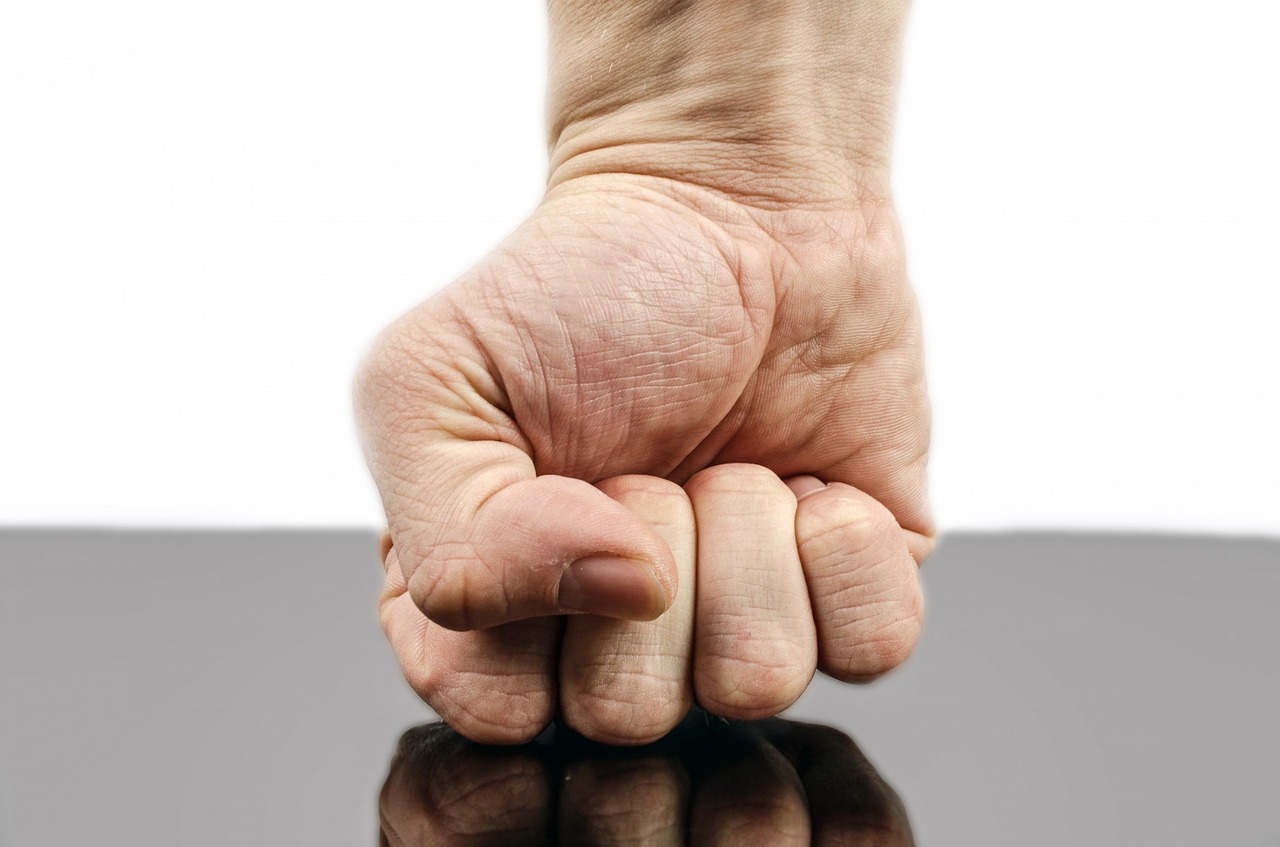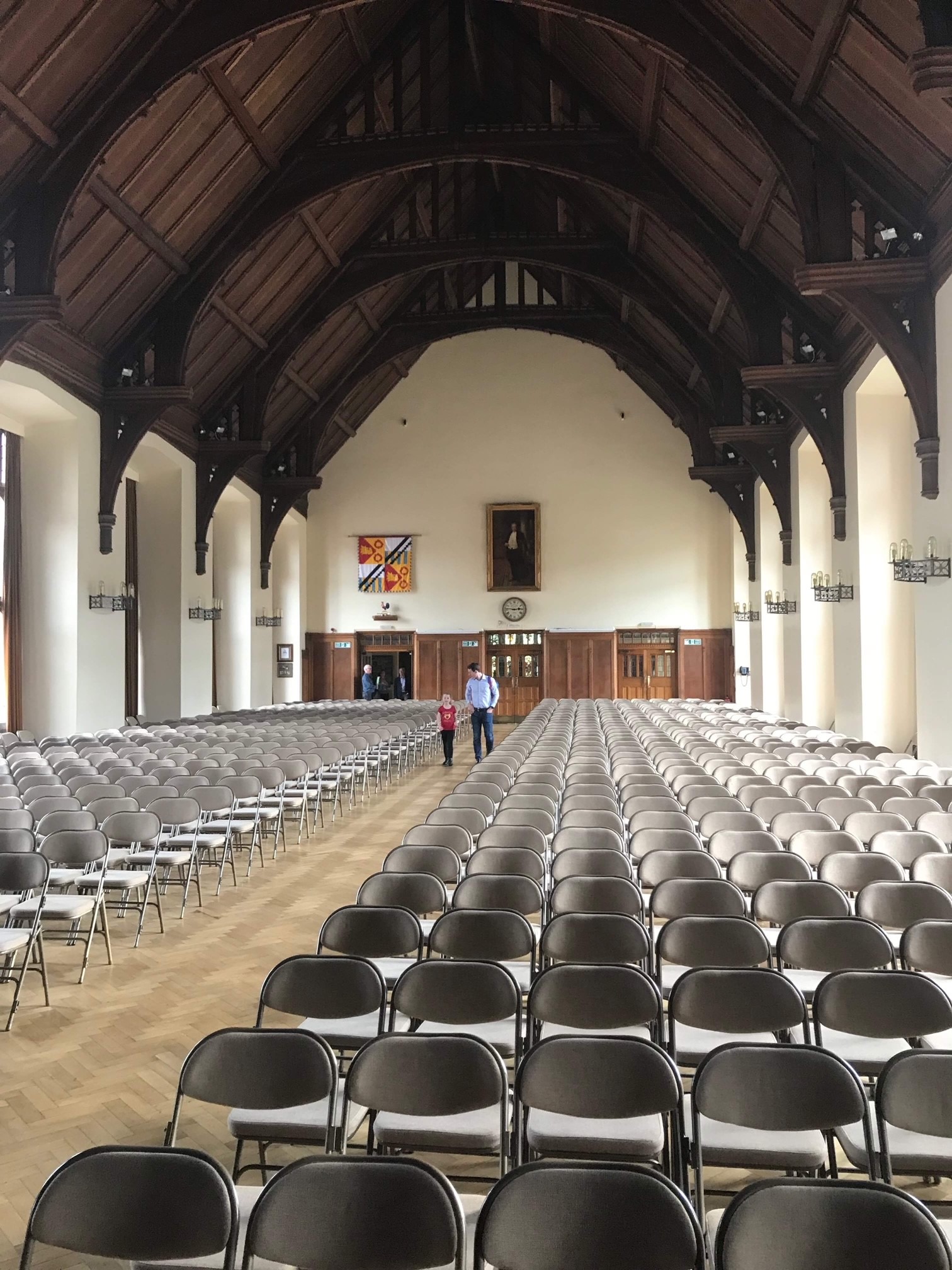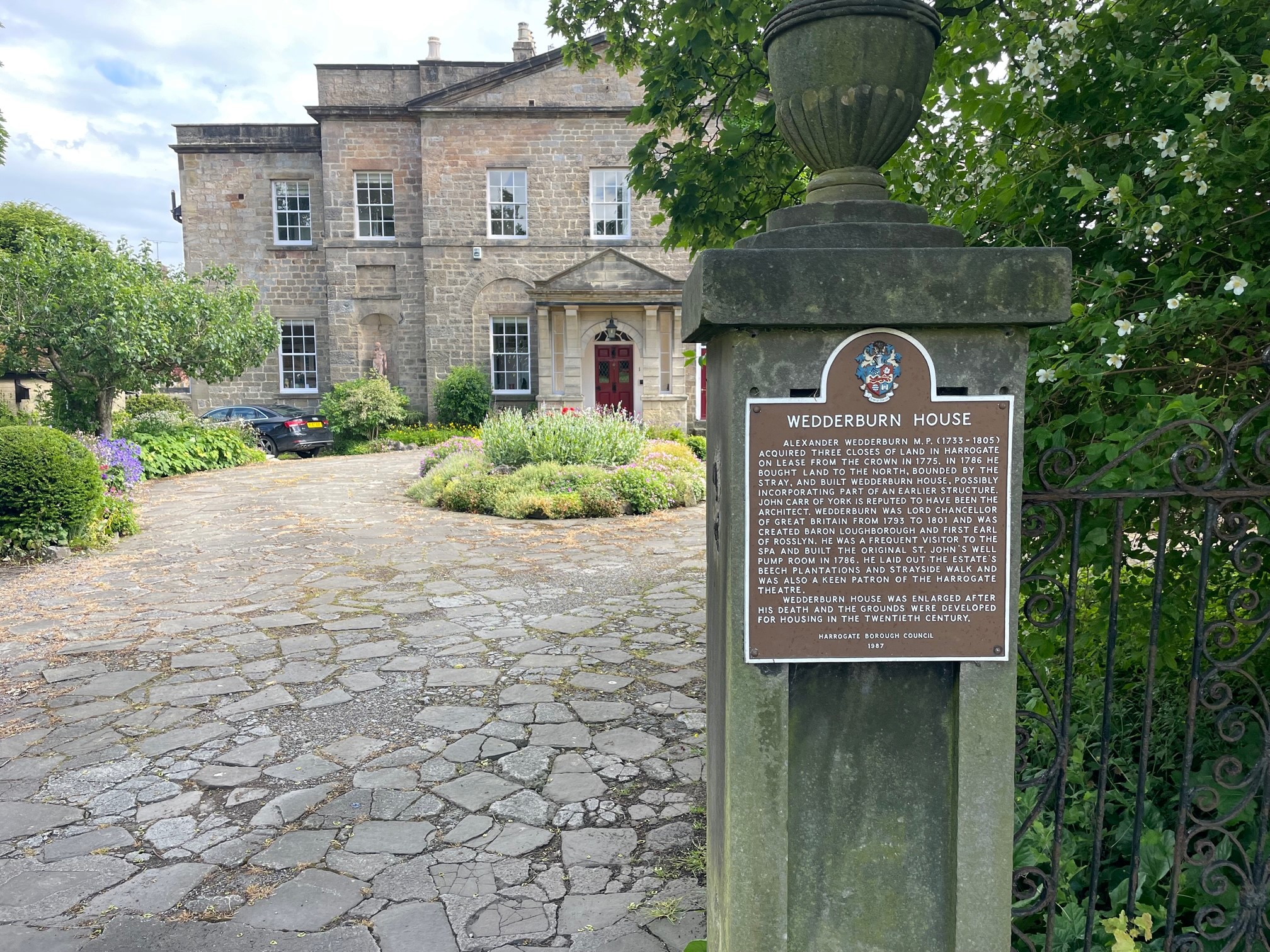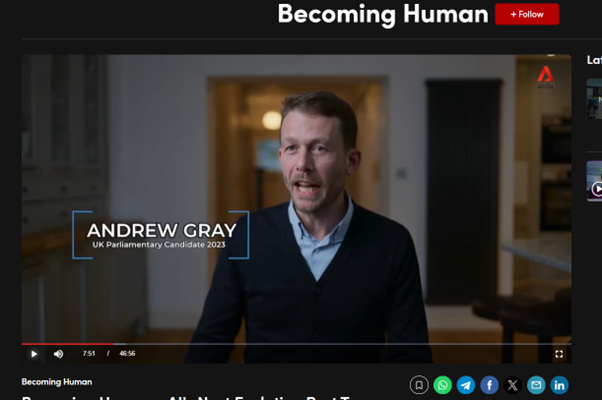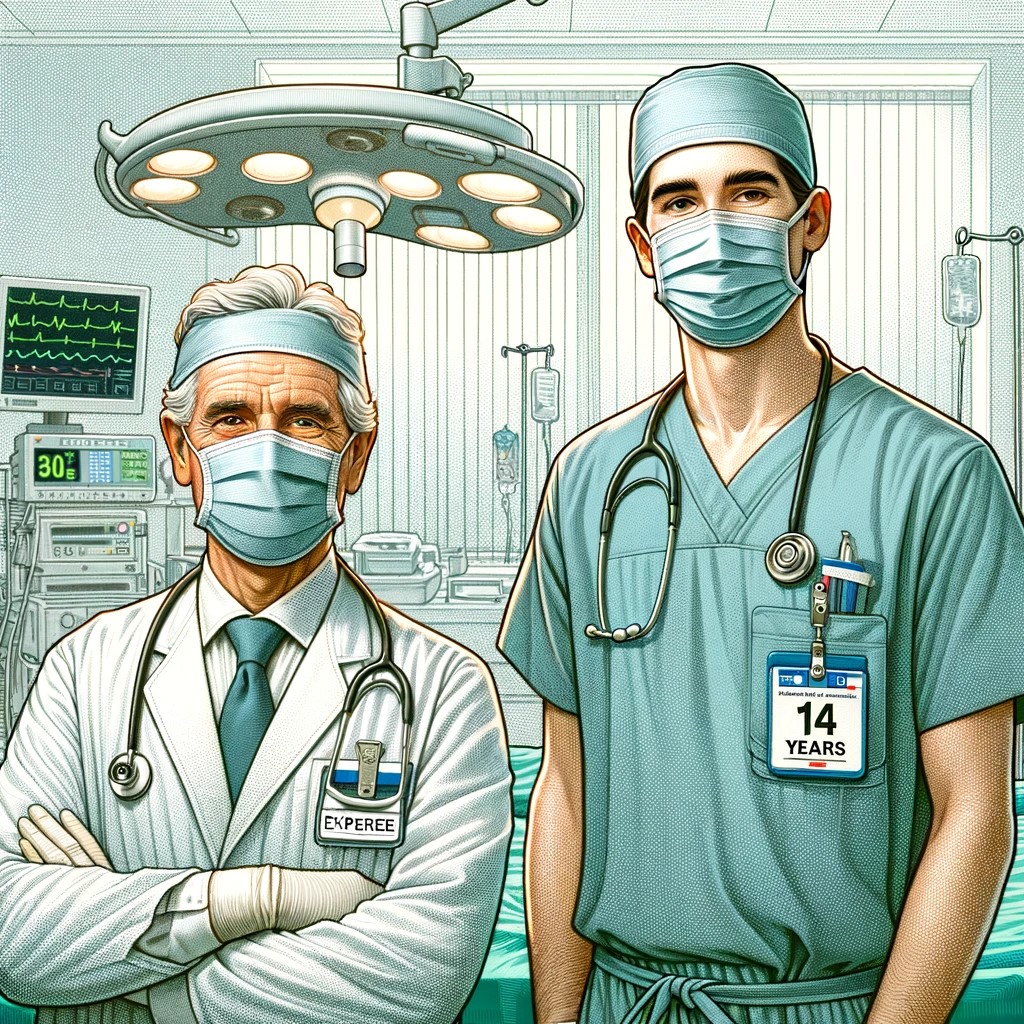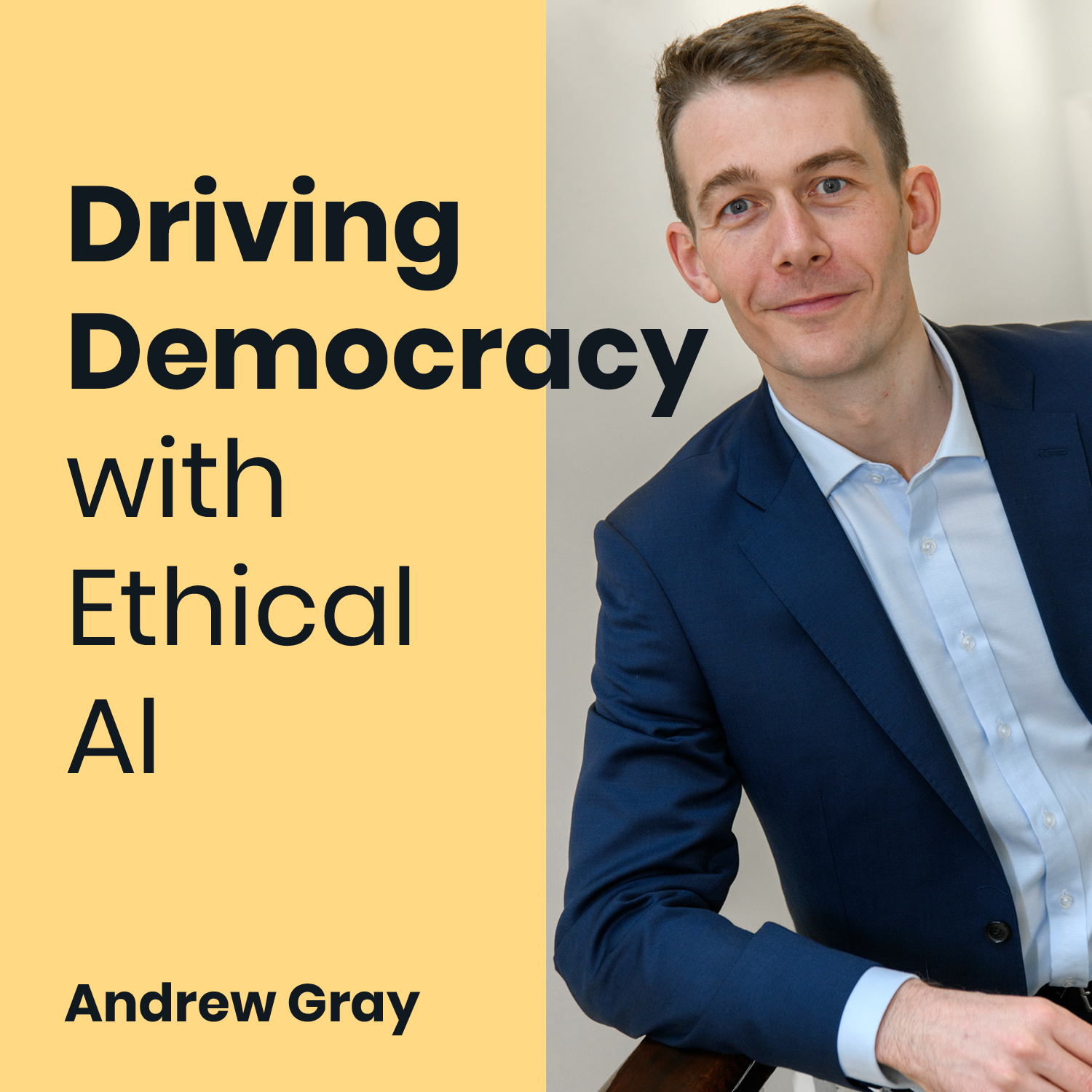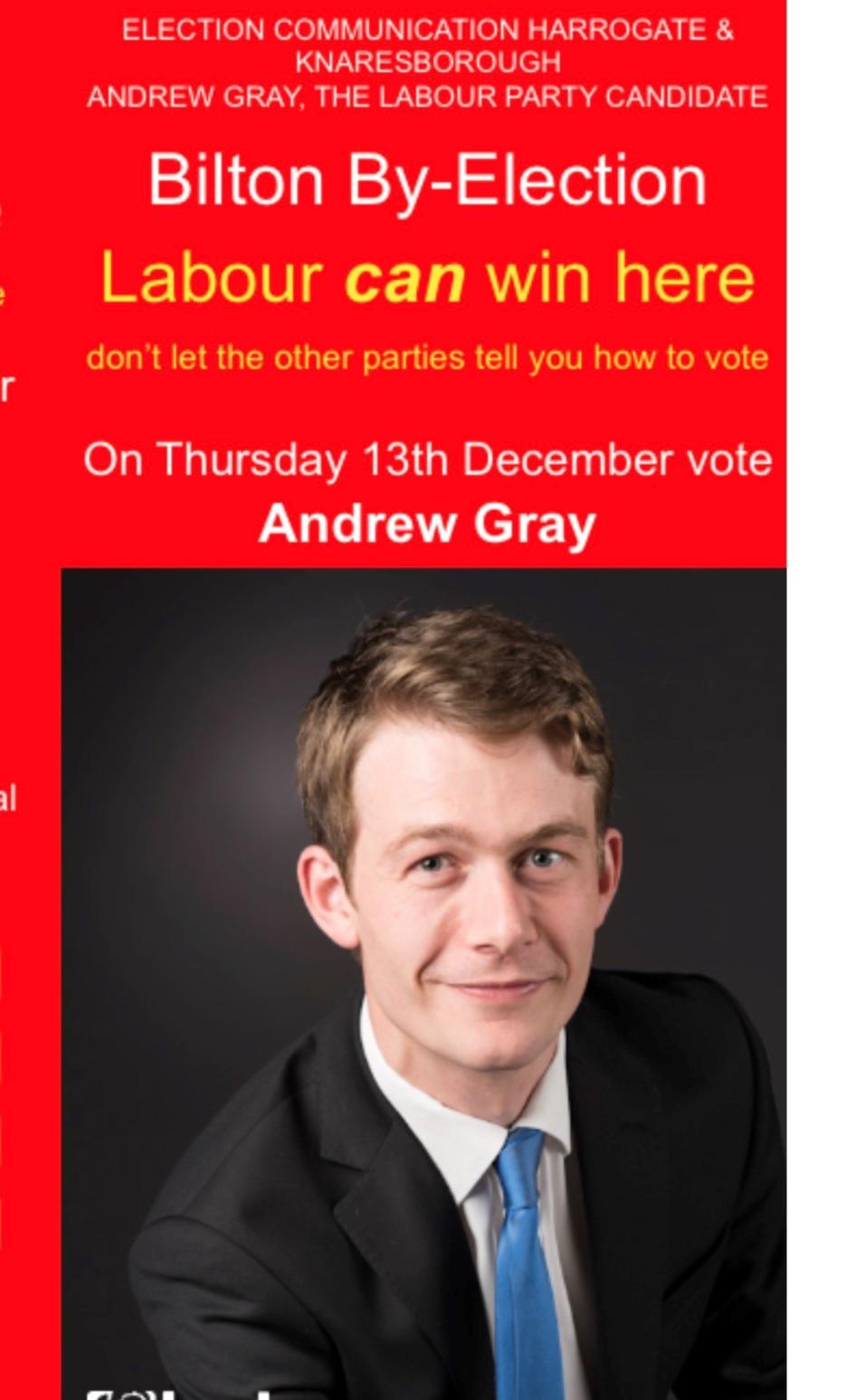After years of studying, travelling and bumming around, I finally started my job as a trainee lawyer on Monday 15th August 2005.
The workday went well. That evening, full of pride, I drove to Manchester Piccadilly Station to collect my girlfriend (now my wife). I parked opposite the station, near to the taxi rank. I was wearing jeans and a t-shirt – so it’s fair to say I didn’t look much like a lawyer.
I jogged across the road, eager arrive in good time, and headed towards the station entrance. As I did so, a car pulled up, and a large man got out. Instead of walking towards the entrance, he walked straight towards me. As a wily Mancunian, I got the sense that he meant trouble.
As our paths crossed, he slammed me to the floor and put his fist in my face. It was like a scene from a movie. “You’re under arrest,” he said.
Stunned, heart pounding and mind reeling, I spluttered: “What for? Where’s your ID? Where’s your ID?”
He didn’t reply.
“I’m going to put you in a van,” he said. Menacingly, he kept looking up and down the street.
I came to the only possible conclusion: I was being kidnapped. So, I offered him my wallet, my phone, my car keys, but he wasn’t interested. I was definitely being kidnapped.
Fighting isn’t my thing, but I had no choice.
I still don’t know how I did it, but — somehow — I managed to wrestle my attacker off me. In the process, I lost my shoes, wallet, phone, keys and chain. Barefoot, I ran as fast as I could, screaming, “Help! Call the police!” Unfortunately, the streets of Manchester at 11pm on a Monday night are mostly empty.
I took a left, under a long bridge, running as fast as I could. Then I hid in a nook, where the bridge melded into another bridge. When the coast looked clear, I started running again until I found two Royal Mail workers who were cleaning vans. Covered in blood, barefoot and out of breath, I asked that they call the police. They did.
Almost immediately, two police officers arrived in an unmarked car. I told them my story and they put me in the back of the car (once I had seen their ID!). They agreed with me: they thought that it was a potential kidnapping. So, they radioed headquarters to report the incident and we returned to the location of the incident to hunt for my attacker.
Then, scouring the streets, we came across a marked police car. We could see that two police officers had arrested a 20-something bloke (a similar age and build as me). My girlfriend was standing nearby. The two police officers alighted to find out what had happened. When they returned, the officers explained that there had been an armed robbery at a local Sainsburys and that the man who had assaulted me was, in fact, an off-duty British Transport Police officer! That officer believed that I was the armed robber! It was all a case of mistaken identity. Ha, bloody, ha ha.
Turning midnight, my family came to the station to collect my girlfriend. To the senior officer on scene, I demanded that my attacker (their police officer) return to the station to explain himself. When the errant officer returned (he had gone home, even though he knew that I was barefoot, bloodied and without my belongings!), in front of his commanding officer, he explained why he did what he did. He was trying to help his colleagues. When I asked him why he didn’t show me his ID — hence why I fled! — he had the temerity to deny that I had asked him for it! Why else did I offer him my belongings, I argued? Not the actions of your typical armed robber. I’m still miffed about that.
After only a few hours’ sleep, bloodied and confused, I went to work the next day – my second day as a lawyer! I still don’t think anyone believed what had happened. Who had they hired, I know they wondered.
You might think that a lawyer subjected to that kind of treatment is only going to react in one way: by suing. But I didn’t. Fortunately, my physical injuries cleared up after a few weeks.
Of course, I didn’t do nothing: I complained, over the telephone, to a super senior British Transport Police Officer. He was aware of the incident. I received an unreserved apology. I decided not to take it further because, frankly, the officer who attacked me thought that I was armed. That took bravery, no matter how mistaken he was.
Over the comings months, I came to realise that, mentally, I wasn’t right.
For the next two years, I lived in the city centre, just five minutes’ walk from Piccadilly Station. Gradually, I began to feel awfully claustrophobic. Inside my flat or at work, I was fine. Outside, however, on the streets, I was anxious. I felt suffocated. Scared — of nothing, in particular — all of the time.
Back then, I didn’t know what the feeling was, and that confusion in itself was frightening. I hated it. I didn’t want to go outside.
It all came to a head one weekend when I was alone in my flat. I worked myself into a frenzy. I cried, uncontrollably. I don’t normally cry. I hadn’t cried like that before and I haven’t cried like that since. That’s when I realised that I had to do something.
But despite my resolution, I felt ashamed. I was a lawyer: my mind was my tool. I couldn’t allow it to be broken.
Secretly, I went to my GP. With my referral letter, I arranged a private referral to a Consultant Psychologist. I didn’t tell anyone about it.
As you would expect, I was itching to recover, to get back to ‘normal’, to avoid anyone finding out. The Consultant appointment couldn’t come fast enough. The appointment cost was high – so high – but, as I didn’t want the transaction to appear on my bank statement, I withdrew loads of cash to pay the ‘shrink’.
I don’t remember much of what happened in the appointment with the brilliant, caring Consultant Psychologist, but I do recall being diagnosed with anxiety (it might have been a form of Post-Traumatic Stress Disorder, but I didn’t have enough sessions to find out).
I think — because I cannot tell you for sure — that this appointment was my first experience of Cognitive Behavioural Therapy. Afterwards, I felt rewired. Or, mostly rewired.
Why am I glad that this happened? I’ll explain.
I completed my legal training in Manchester and, although my law firm wanted me to stay after I qualified as a solicitor, I was desperate to leave the city. With hindsight, it’s crystal clear to me that I chose to move to the wonderful Northern spa town of Harrogate (with its very low crime rate) because of the attack. I love Manchester: I’m a Mancunian — born and raised, but I knew I had to leave.
Fast-forward several years, by coincidence or not, I worked for a national law firm, specialising in assault at work compensation claims. Although the attack on me wasn’t in a work environment, I felt a strong empathy with my clients who had been attacked whilst performing their work duties — this empathy gave me an edge. I was good at representing them; my assault became my advantage. I shared my experience with my clients: I had been there and bought the (bloodied) T-shirt.
I represented nurses, attacked by patients. Security guards, caught up in armed robberies. Care home workers, attacked by residents. Teaching assistants, attacked by pupils. Social workers, attacked by parents. All sorts of unlucky people. I felt — and still feel — for them all. And like me, in the majority of cases, the main injury caused by an assault at work was psychological, not physical.
Thanks to my expertise in assault claims, I had the confidence, as a junior lawyer, to set up my own law firm, Truth Legal, specialising in assault claims.
As I have learned, it takes bravery and support to overcome mental health issues; to acknowledge they are there, to dispel any feelings of shame, and to fight a fight against a constant and unseen enemy.
My clients were braver than me, because they had the strength to tell me — their solicitor — about their mental health issues caused by an attack and to bring a compensation claim which often required talking about the attack and the injuries over and over again with strangers.
Contrary to popular belief, those clients didn’t bring compensation claims for the cash — although this was a by-product — they brought claims so that no other person had to suffer as they did; that systems are put into place to prevent further violence at work. I salute all of them.
That police officer was the midwife to the law firm; he transformed my life. Unbeknown to him, thanks to his assault on me, he has helped hundreds of victims of assaults.
Thanks, mate.
(This is an edited version of the essay which was first published six years ago)
